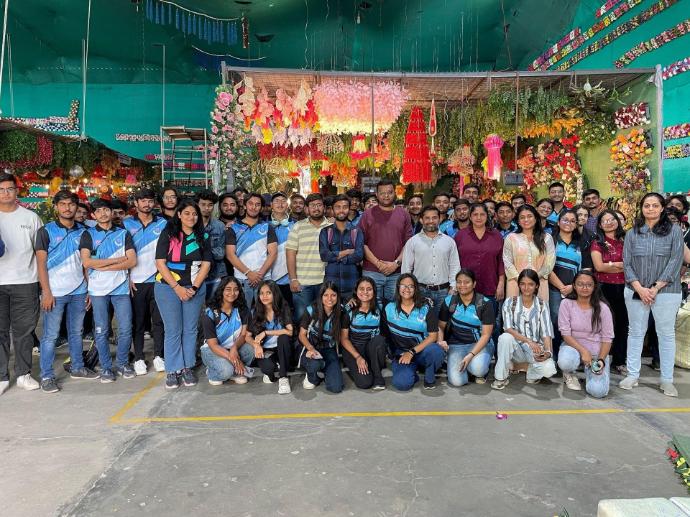
Experiential Learning and Industry Integration
Live projects, mock events, internships, and field visits
“Learning by doing" – students plan, execute, and manage real or simulated events, gaining hands-on industry experience
Collaborations with event companies for live projects and internships
Curriculum stays aligned with evolving industry trends, ensuring practical relevance and career readiness
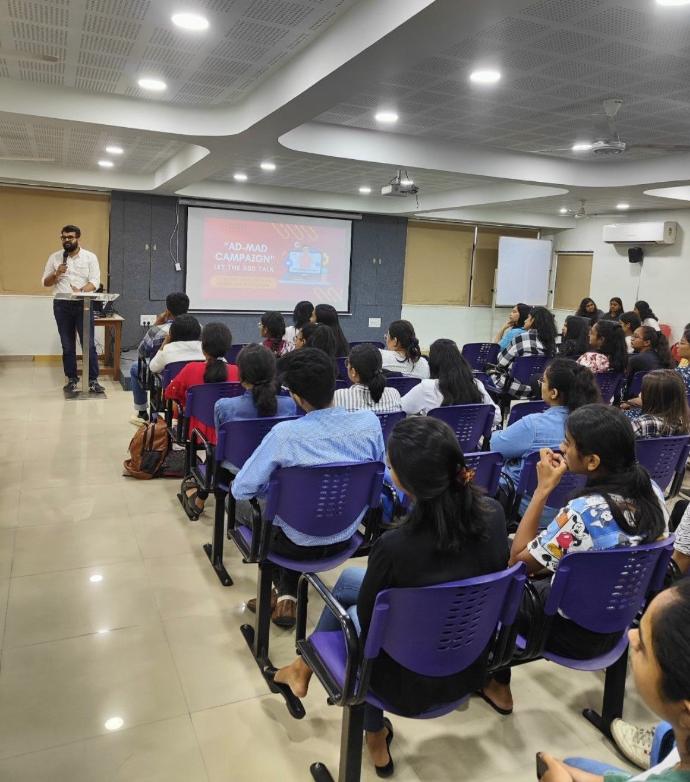
Blended Learning
-
Case based learning
Study real-life event successes/failures
Analyze strategies, challenges, and solutions
-
Collaborative learning
Group projects, peer reviews, role-play exercises
Emphasizes teamwork and leadership
-
Technological Enhanced Learning
Training in Platforms like Canva and Social Media tools
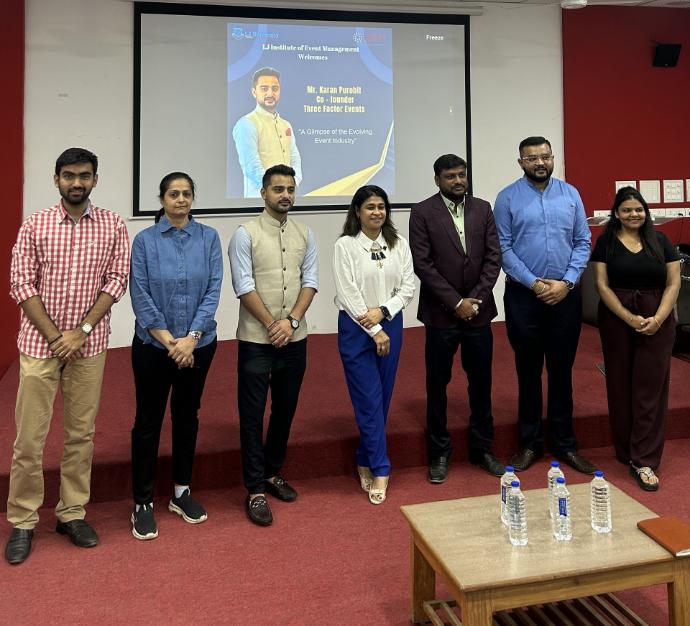
Workshops and Guest Lectures
-
Engagement with industry professionals who provide expert insights and current market trends
Skill enhancement sessions focused on practical areas such as budgeting, digital marketing and event planning tools

Sustainability
-
Learning from real- life successes and challenges in Green Event Planning
-
Embedding sustainability in all aspects of event planning- from logistics and transport to branding and catering
-
Live projects and simulation focused on sustainability practices (e.g. zero waste events, green sourcing)
Integration of environmental science, ethics and business strategy to promote holistic learning
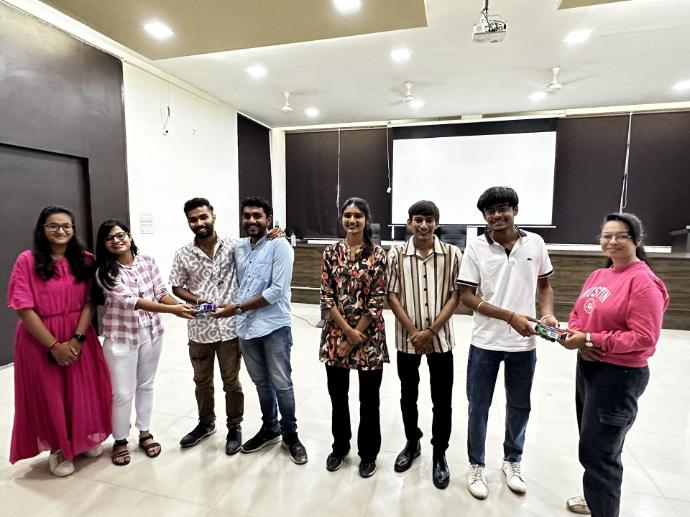
Focus on Interpersonal Skills
-
Development of essential soft skills, including effective communication, negotiation, crisis management and adaptability to dynamic event environments
-
Building teamwork, delegation and leadership skills
-
Develops emotional intelligence and problem-solving under pressure
Train students to handle clients and stakeholders professionally
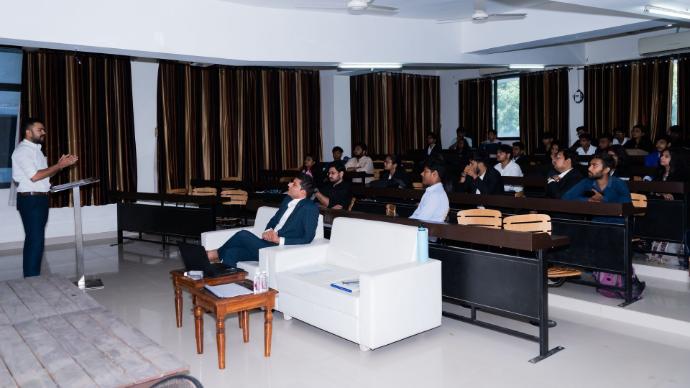
Classroom Teaching and Continuous Assessment
-
Learning is supported by regular evaluations like presentations, reports and event tasks- not just exams!
-
Encourages student participation through discussions, Q&A sessions and case studies
Students apply concepts through practical assignments and event simulations
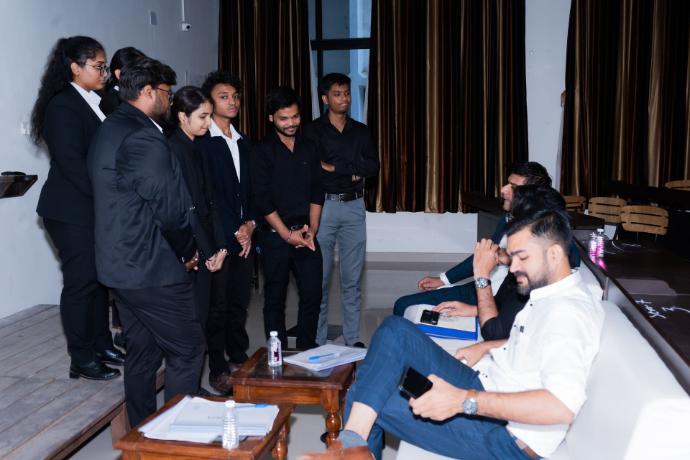
Feedback and Reflection
-
Teachers provide continuous feedback to help students improve and grow throughout the course
-
Students receive guidance to enhance their skills and learn from experience
Encourages students to evaluate their own progress and areas for growth
